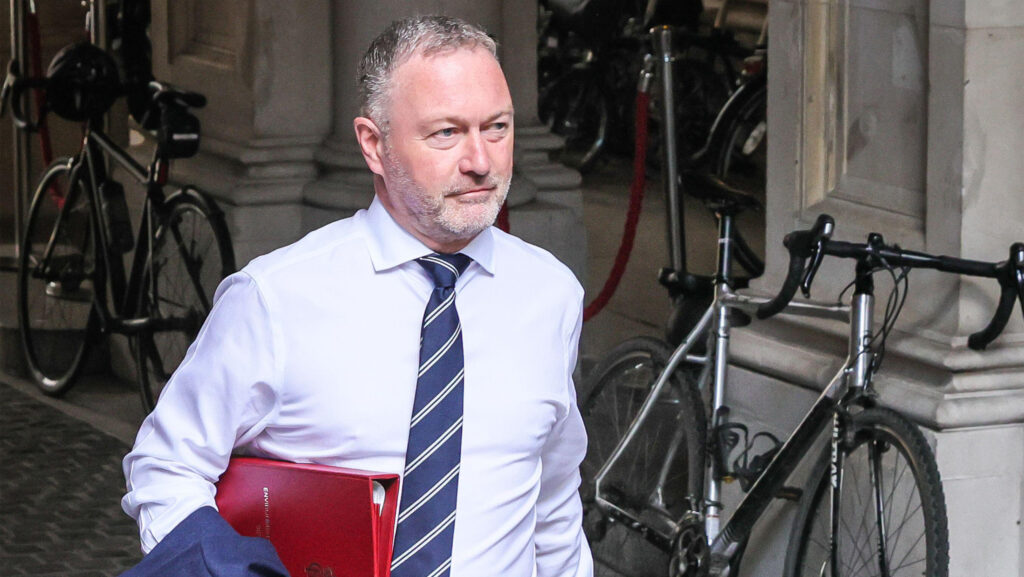Editor’s View: Budget cuts are coming at Defra. What next?
 Steve Reed © Imageplotter/Alamy Stock Photo
Steve Reed © Imageplotter/Alamy Stock Photo “Frankly, things will get worse before they get better.”
So said prime minister Keir Starmer this week, hammering home the Labour message that budget cuts are needed.
While a summer holiday calm has outwardly settled over Whitehall in the past weeks, behind closed doors officials in government departments have been trading blows with Treasury officials seeking to swing the axe.
See also: Chancellor demands Defra cuts to plug ‘£20bn black hole’
What does this mean for Defra? Spending cuts. Potentially significant ones.
Seasoned departmental watchers warn that retaining a farm budget of £2.4bn is now likely to be a best-case scenario.
The starting assumption for Treasury officials is 20% cuts from most pots at non-protected departments.
This would include, for example, the fund from which the Sustainable Farming Incentive (SFI) is paid at Defra, which comes from a bigger pot, known internally as resource spending. Finding cuts is a priority that towers over all others.
This means the department is rapidly having to confront a new reality where, in time, it will likely have to acknowledge it will not have the resources to fund ongoing projects, such as the SFI in its current guise, as well as accelerate work to deliver on promises such as its much-touted 30×30 nature protection pledge.
Consider the report published this week by the Institute for Public Policy Research (IPPR) examining “the progressive case for restoring the natural environment”.
The IPPR is a charitable think tank, which describes itself as the “intellectual rigour and ideas powerhouse behind progressive politics” – or, in other words, close to the Labour Party.
In a world without constrained budgets, it would be easy to imagine the new crop of Defra ministers being very sympathetic to its calls – matched by myriad farming and environmental lobby groups – for additional investment in a fairer, more sustainable farming sector.
Now it seems like pie in the sky.
If the reality is that budget cuts are inevitable, that leaves Defra with a choice – dilute its targets or push back the date by which they may be achieved, and take the political pain that will surely follow, or seek to hit them without offering as many incentives for change.
It is said that when former farming minister Mark Spencer was in office, he had a mug printed with the slogan “carrots not sticks”.
If Defra instead looks to hit targets to, say, reduce emissions by ordering farmers to comply with upgraded slurry storage requirements without grant funding, then Labour ministers may be slurping from a vessel marked “sticks not carrots” before this parliament is out.
Regrettably, it doesn’t appear there’s much ability to go around this.
Defra is neither critical to Labour’s six key missions or seen as a crisis that needs fixing.
Farming lobbyists that want to have impact with the new team must conclude their fight to get a bigger budget is lost and their new mission is damage limitation.
Farmers in England who are considering entering SFI but have not yet done so should reflect on the fact that this may be as good as it gets.

